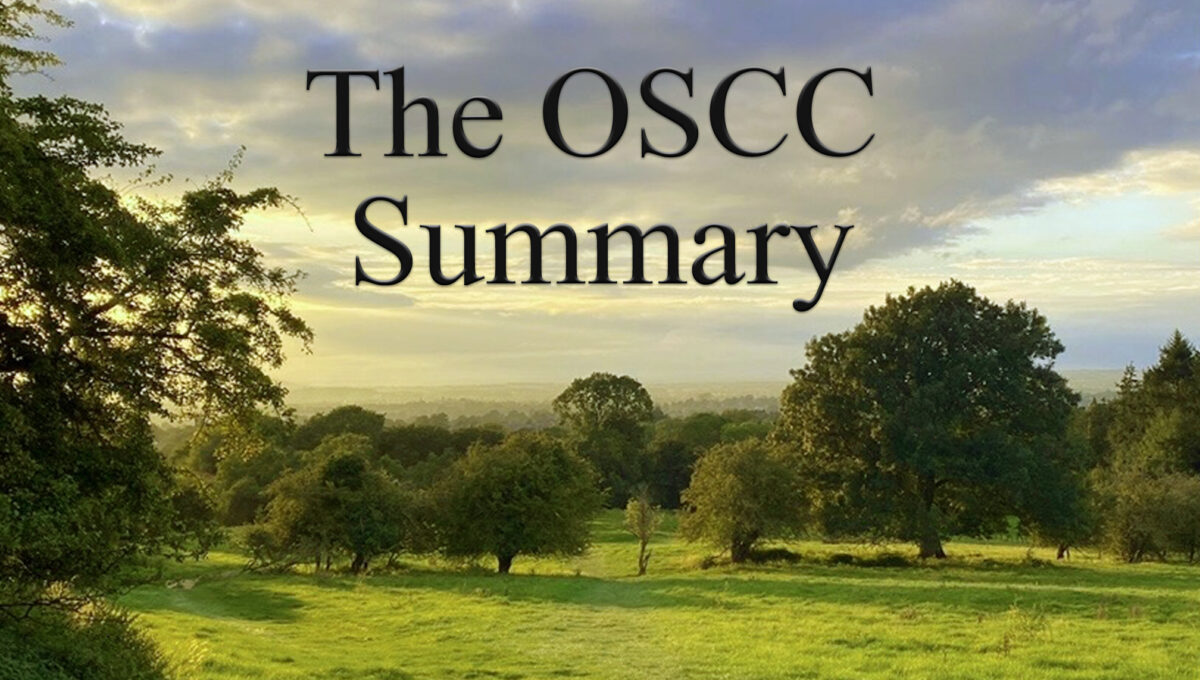Following on from last week’s discussions on the interplay between global biodiversity and climate change, this session introduced us to the quantifications of human and natural influences on climate change. Professor Myles Allen (CBE FRS FInstP) is the Director of Oxford Net Zero, having previously served on the UN Intergovernmental Panel on Climate Change (IPCC). Professor Allen outlined the history of the relationship between tracing CO2 and the warmth of the Earth’s surface via measuring infra-red radiation. Presented were the calculations that sparked a long-standing climate change debate – notoriously those of Arrhenius and Ångström, the latter claiming that infra-red provides no insight into climate patterns as it could not be used as a tool for observing the earth’s surface. This conflicted with Arrhenius’ experiments, which have since been revisited.
According to Professor Allen, climate models, though beneficial for representing the increase in global temperatures, cannot be entirely relied upon for climate predictions. By running a hydraulic climate model, it became clear that even by stopping concentrations rising, a ‘warming in the pipeline’ would take place as energy absorbed by the deep ocean re-equilibrates and pushes back heat energy to the Earth’s surface. This has implications for future climate policy when determining the range at which global temperatures could manageably rise. Running the hydraulic carbon cycle model, Professor Allen explained how carbon follows the same principles demonstrated in the prior climate model. Stopping emissions reduces carbon in the atmosphere to an extent, but it is simultaneously allocated to various parts of the climate system i.e the ocean and land carbon sinks.
Overall, reducing emissions and therefore stabilising greenhouse gas concentrations is advantageous, though not sustainable for mitigating impacts of climate change. This is clear from the climate-carbon-cycle model, which shows that the relationship between carbon emissions and climate warming is synergistic and difficult to predict. The ownership of passive climate carbon sinks in an attempt at carbon offsetting is a growing trend amongst multinational companies, with ‘managed oceans’ revealing a new avenue for the monetisation of carbon absorption.
To prevent global warming, global emissions of greenhouse gases must be stopped completely, in line with the net-zero initiative. Considering its emissions history, it is noted that the UK has a particular responsibility to drive efforts towards restoring the natural climate system and tackle global warming through net-zero emission targets.

